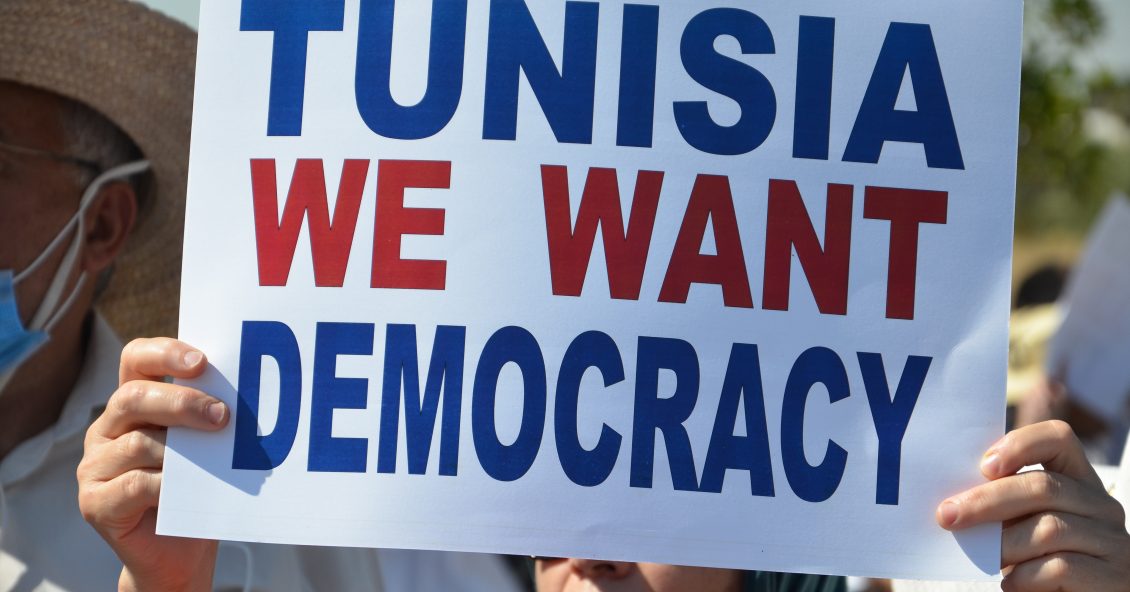Tunisia is sliding into totalitarianism, warn Global Unions
27.06.23
Global Unions Joint Statement
A combination of unconstitutional legislation signed by the Tunisian President and administrative orders pushed by the Speaker of the Parliament and the judicial authorities are severely restricting the right of the Tunisian people to be informed, to monitor the work of public officials and to hold them to account.
In September 2022, President Kais Saied signed Decree-Law 54 on combating crimes related to information and communication systems. It quickly became clear that the new law was designed to restrict freedom of expression and public debates. The legislation has been weaponized to detain, threaten and harass journalists, public figures and citizens for doing their jobs or expressing critical views. Among the journalists who have been subjected to legal intimidation and detention are Mohamed Yassine Jelassi, the President of Syndicat National des Journalistes Tunisiens (SNJT) and senior journalist and union leader Zied El-Heni.
On 16 June 2023, the Parliament announced that journalists will no longer be allowed to cover the work and debates of the parliamentary committees. Information about the work of the committees will be available only through official statements from the Parliament. This decision will prevent the public from understanding the work of the Parliament and restrict their ability to monitor the work or parliamentarians.
On 17 June 2023, the Anti-Terrorism Court, which is part of the Tunisian Appeals Court, banned the media from publishing any news regarding 20 opposition leaders, lawyers, activists and journalists who are in jail following their arrest on charges of ‘conspiracy against state security.’ This is an arbitrary decision that prevents journalists and the public from scrutinizing the work of the investigators in a high-profile case.
Earlier this year, the Council of Global Unions expressed its solidarity with trade union activists and leaders of the national trade union centre UGTT, who had been arrested and harassed by the authorities in Tunisia.
The Council of Global Unions hereby reiterates that systematic attacks on freedom of expression, restrictions in the access to information and in the scrutiny of the work of Parliament and the judiciary, and the arbitrary detention of journalists and trade union leaders are evidence that Tunisia is steadily sliding into totalitarianism. We hereby express our solidarity and support to colleagues in Tunisia who are fighting for their rights and for the future of democracy in their country. We call on the President, the Parliament and the judiciary to reverse course and guarantee freedom of expression for all in Tunisia.
The Global Unions signing this joint statement are:
- International Federation of Journalists
- International Transport Workers’ Federation
- UNI Global Union
- International Trade Union Confederation
- Education International
- International Union of Food, Agricultural, Hotel, Restaurant, Catering, Tobacco and Allied Workers’ Associations
- Building and Wood Worker’s International
- IndustriALL Global Union
- Trade Union Advisory Committee to the OECD


